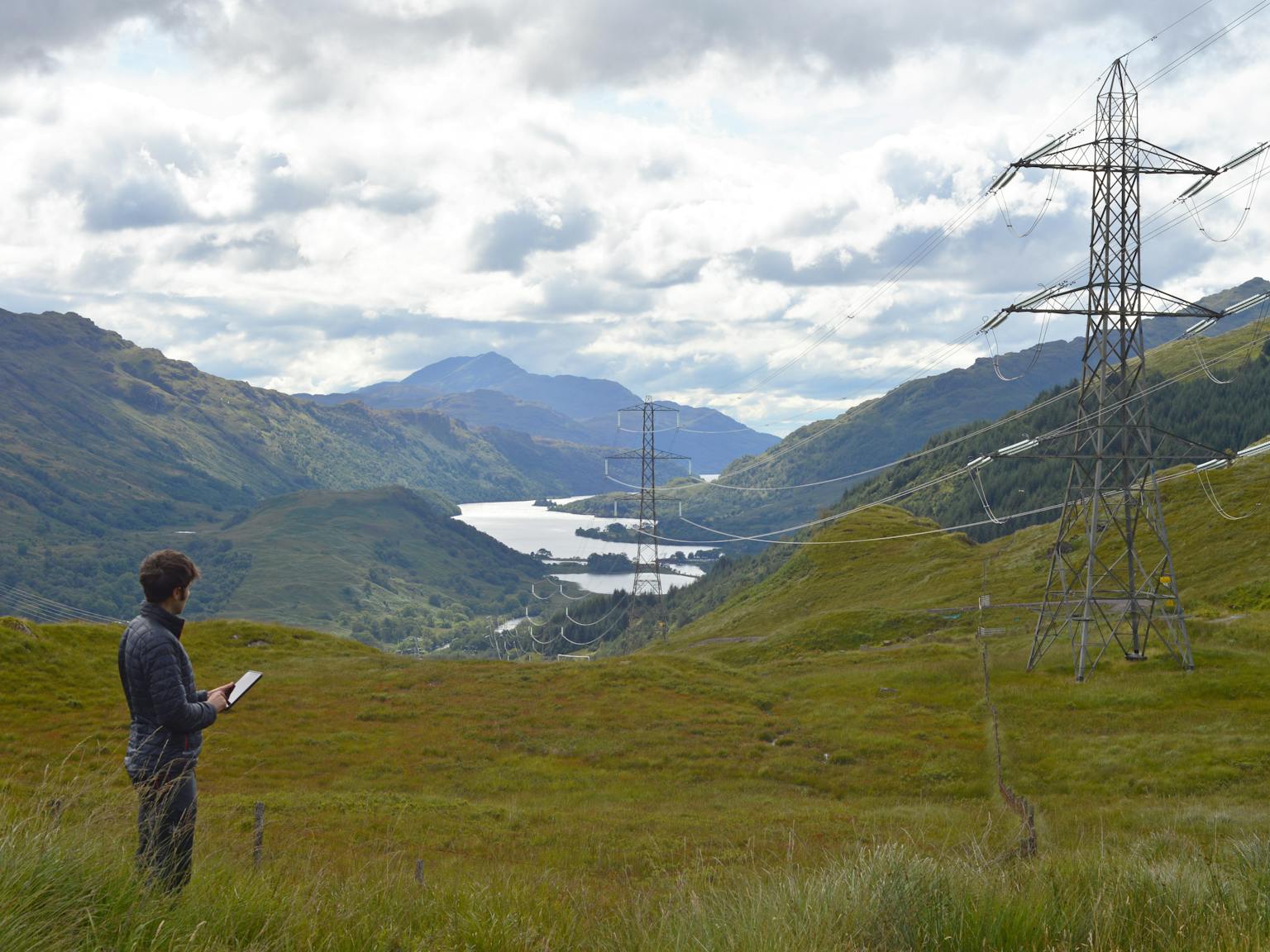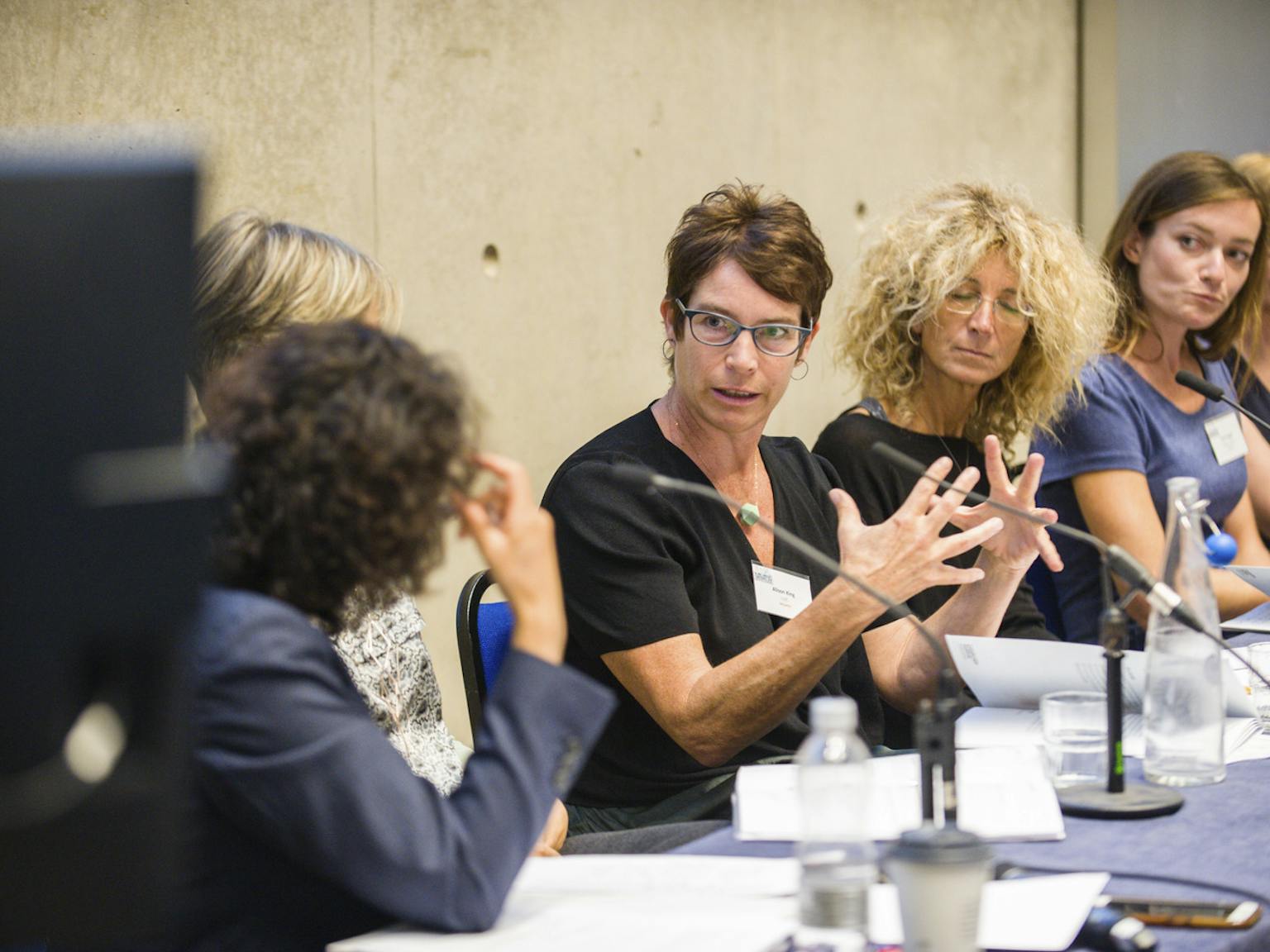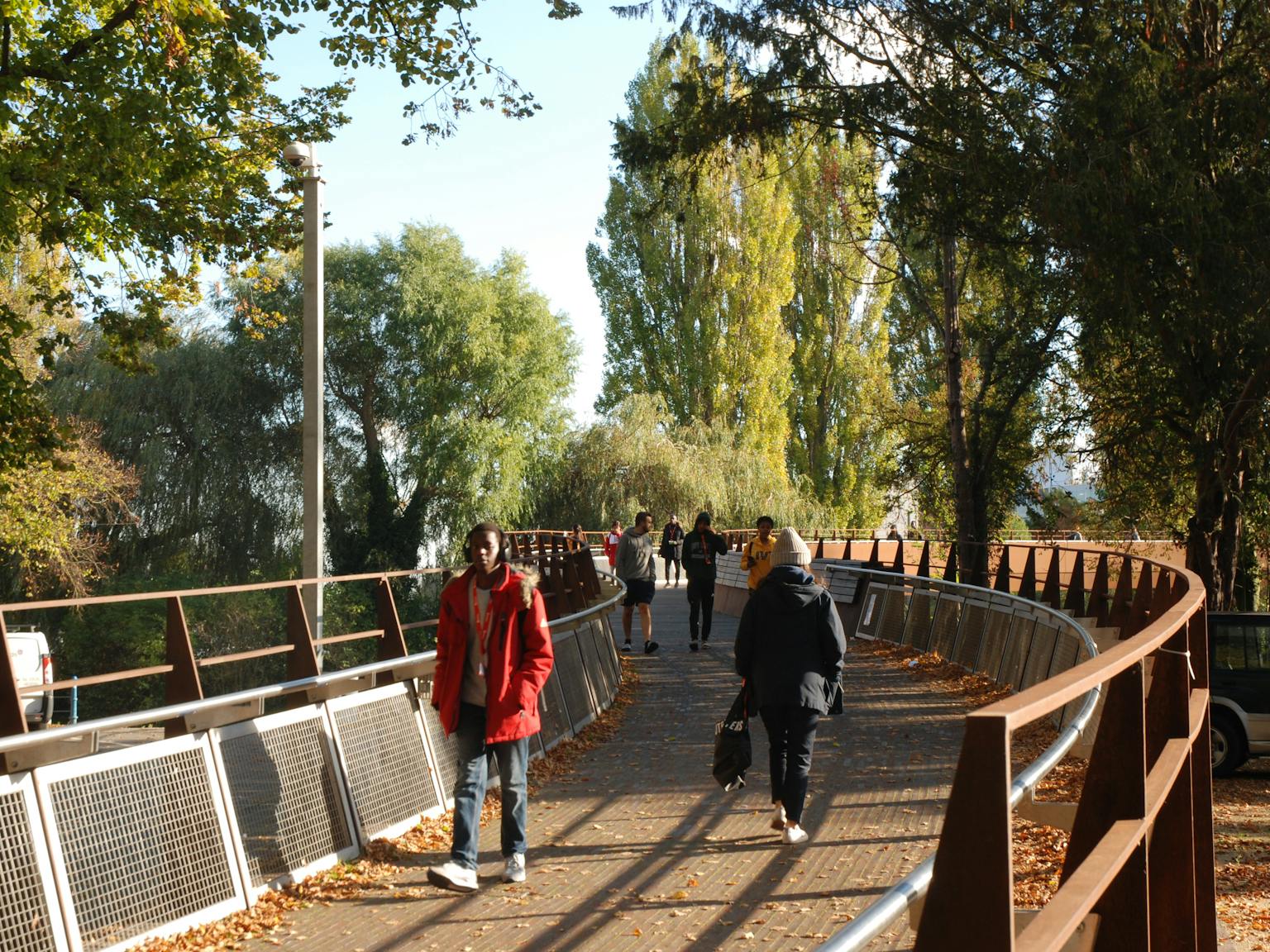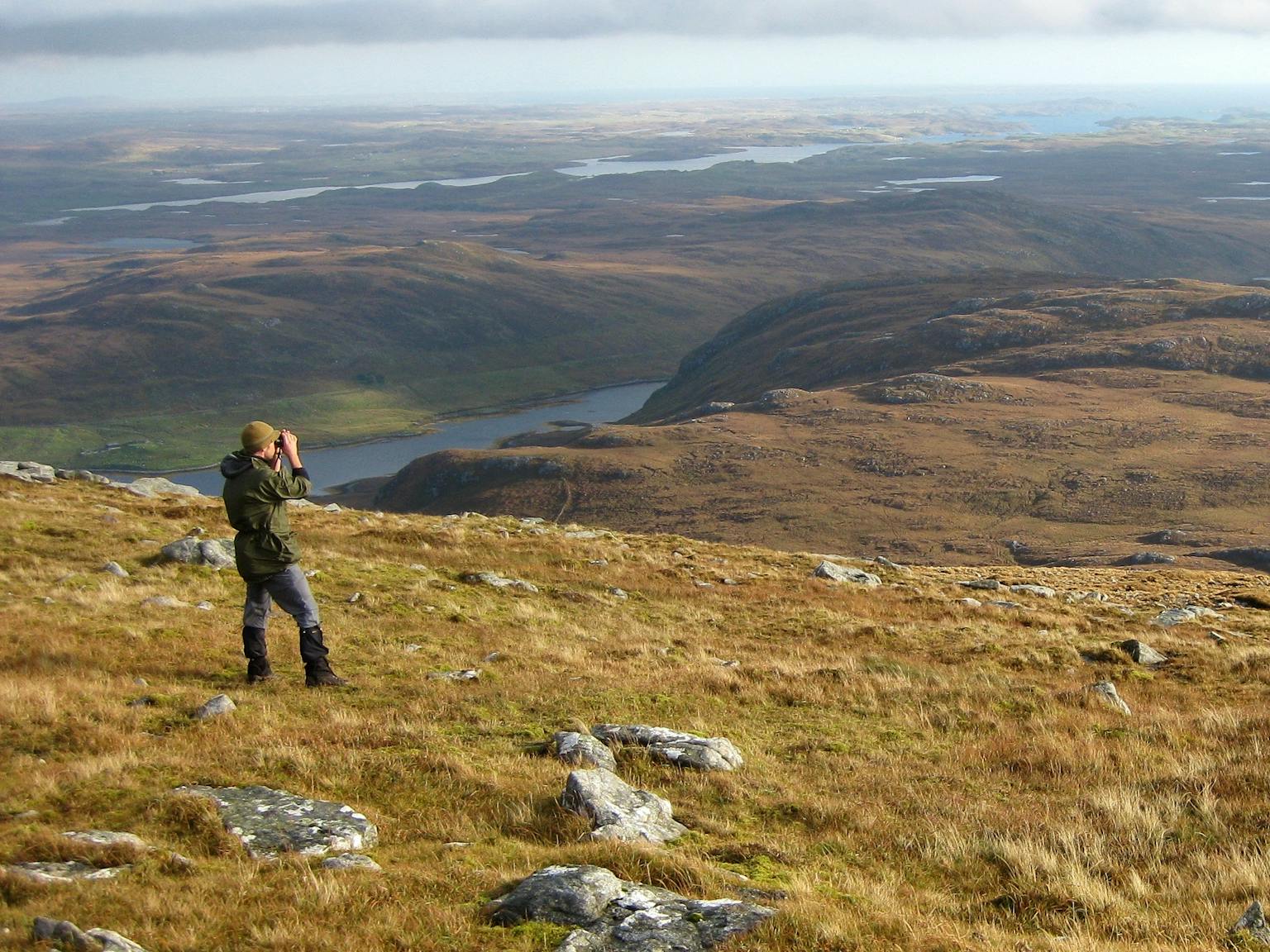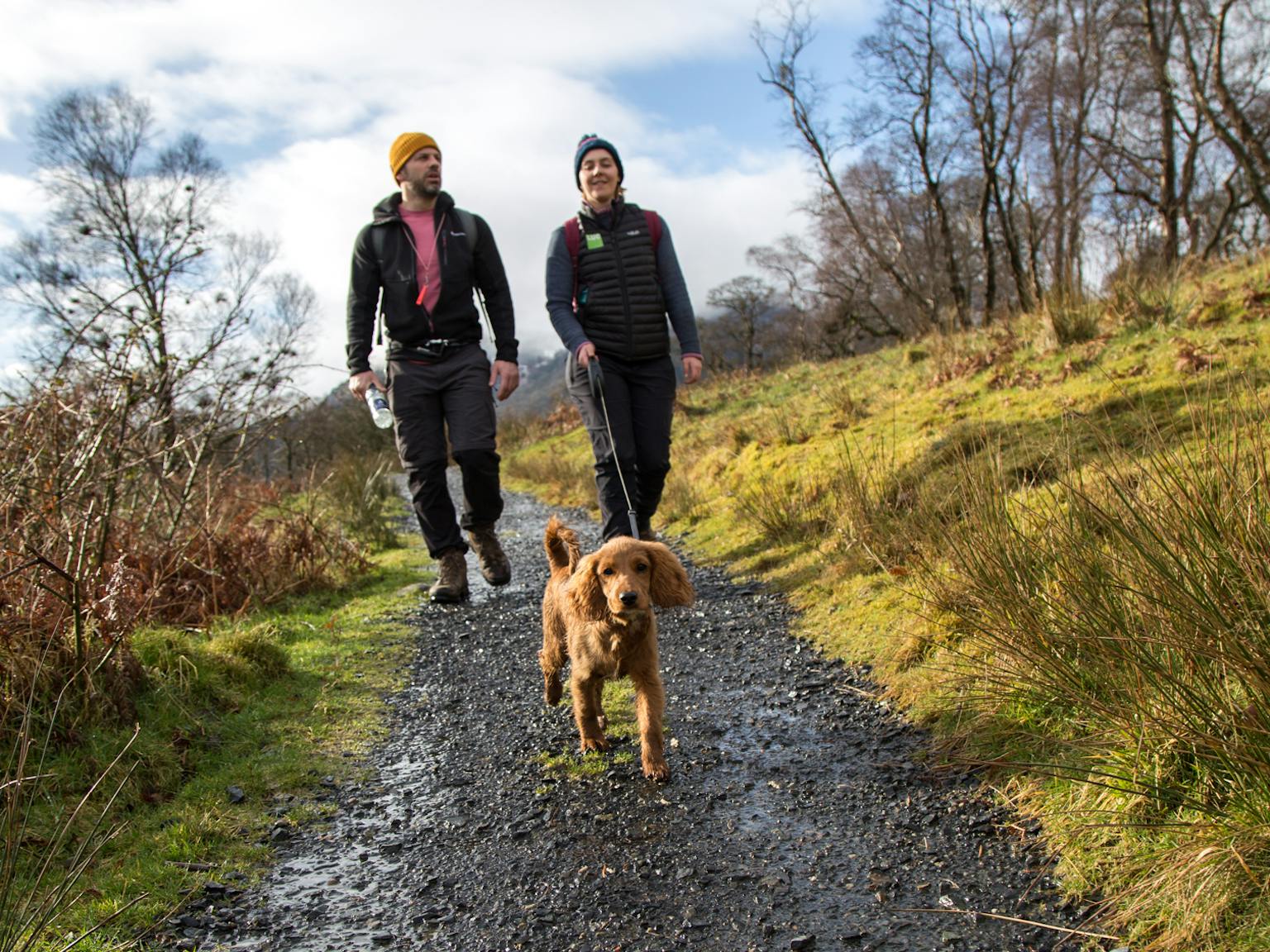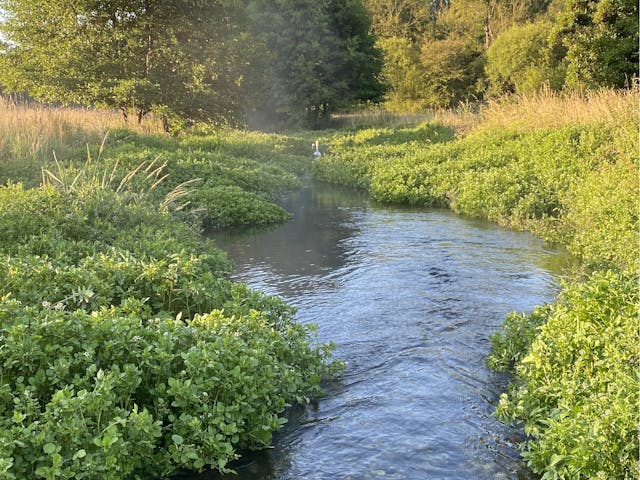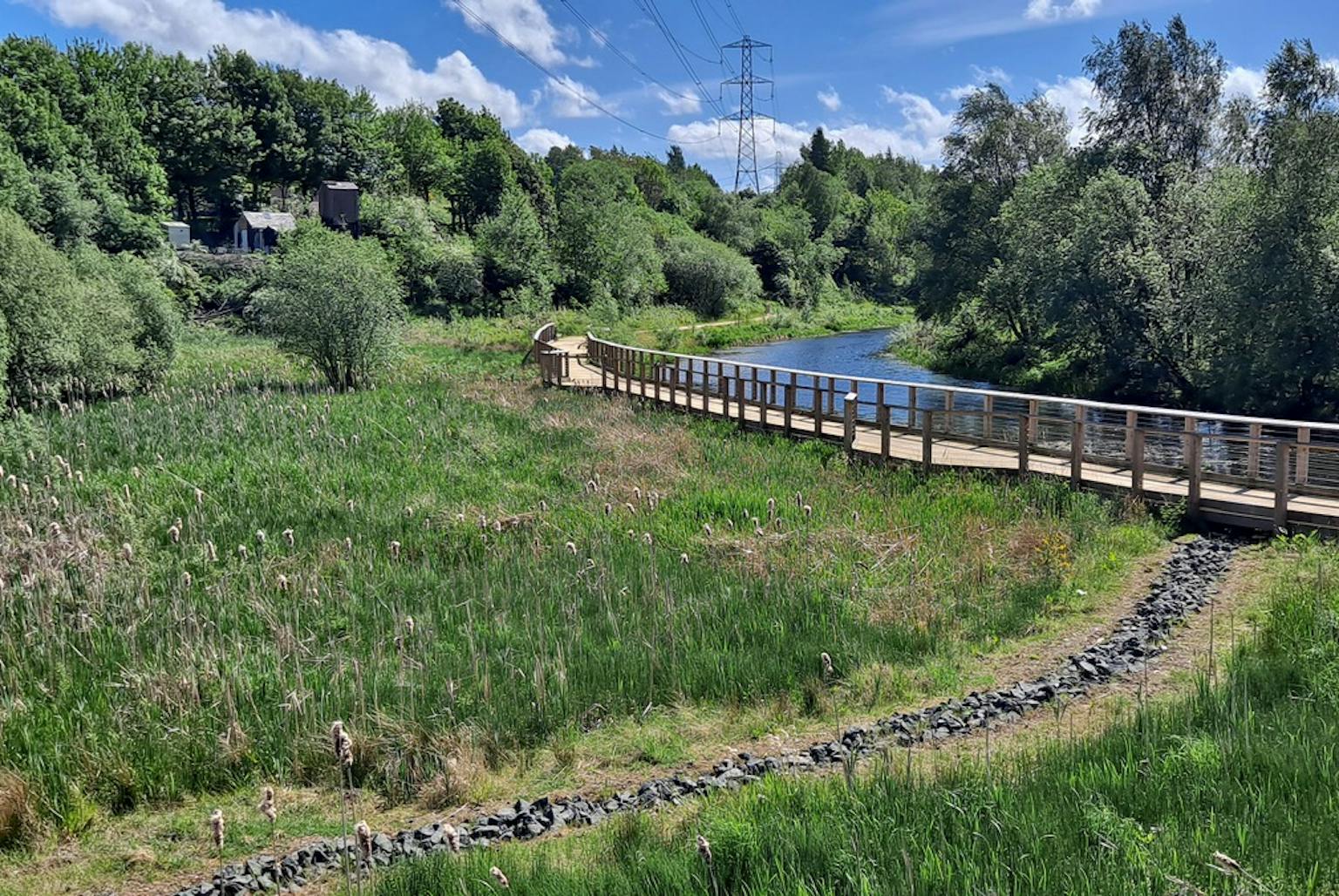
New opportunities for nature: Funding for nature restoration projects
Defra and the Environment Agency recently launched a new ‘Natural Environment Investment Readiness Fund’. It will provide up to £100k each for ten nature restoration projects over a three year period. Applications are open now until 26 March 2021.
The grants will help:
- get support from professional advisors to develop a project, address barriers to investment and present an attractive case for potential investors
- build capability to attract financial investment into natural environment projects
- develop a market for ecosystem services (e.g. investment or trading platforms).
Further funding like this will be vital to support collaborative efforts on nature recovery and tackling the climate and nature emergencies (e.g. through peatland restoration and new woodland/tree planting).
It will also be interesting to see how the rapidly changing policy environment for agri-environment schemes can financially support such projects. The Environmental Land Management (E.L.M.) scheme is being rolled out over the next few years during the Agricultural Transition period. E.L.M. has three tiers:
- Sustainable Farming Incentive – intended to be accessible by all farmers/land managers and which has packages set out as standards for different types of farming systems. Defra announced last week the commencement of the pilot.
- Local Nature Recovery – encouraging land managers to work collaboratively for local nature recovery and deliver local environmental benefits.
- Landscape Recovery – long-term, land use change projects. Large-scale nature restoration fits in here.
As we enter the UN decade on ecosystem restoration, the momentum is continuing to build for actions to create healthy ecosystems, and agricultural landscapes are a key part of this. LUC has been involved with several recent projects related to agri-environment scheme development and monitoring, including:
- Mainstreaming large-scale nature restoration in Scotland (NatureScot). This project reviewed 25 case studies of nature restoration in the UK and Europe, with 1:1 interviews allowing 10 to be explored in more detail. The research questions aimed to understand: Main benefits or services delivered by the project; Community and local economic benefits; Barriers and opportunities related to the scheme; Partnership /delivery models; Relationship with protected areas; and, Funding models.
- Developing Indicators for Monitoring the outcomes of E.L.M. on Beauty, Heritage and Engagement (BHE) (Defra). The main objective of the project is to develop robust indicators for farm/holding-level monitoring of E.L.M.’s impacts on BHE. The project includes an evidence review and 1:1 interviews with advisers and others with practical experience of implementing agri-environment scheme agreements. The BHE topics include landscape character, cultural heritage, geodiversity and access and engagement. The team is able to draw on LUC’s experience in developing landscape monitoring programmes over the last decade. We are also exploring (with partners Environment Systems Ltd), the role of Earth Observation in future monitoring.
LUC is excited about future opportunities to help deliver effective nature restoration projects and support the development of E.L.M., using our expert knowledge across Landscape Management, Planning, Ecology and Historic Environment.


